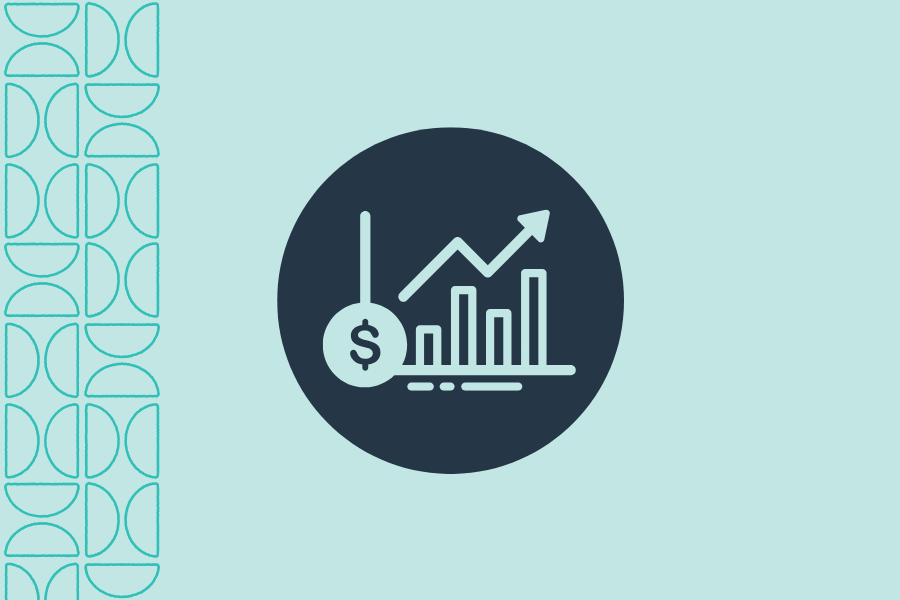As a small business owner, you’ll likely face a time when you need access to additional funding. Unexpected opportunities, growing your business, or replacing vital technology all require financial resources. While you need to cover these expenses, you also want to ensure your business has enough cash flow to continue operations.
There are many options out there for you to explore. Any of the options can be suitable, depending on your specific needs and circumstances. It’s important to know the difference between them, so you can make the best decision for your business.
Line of Credit
A business line of credit is a flexible loan from a financial institution that gives you access to money you can draw from as you need it. As you repay the principal, the amount you can access replenishes. You can continue drawing against your line of credit for as long as your account remains in good standing.
Lines of credit are useful for temporary costs, such as:
- Cash flow issues that can result from slower months that make it difficult to cover short-term expenses.
- Seasonal business fluctuations where your business experiences revenue fluctuations throughout the year and may need money to cover costs during the off-season.
- Unexpected expenses such as urgent repairs that are needed to ensure your business operations continue smoothly.
- Small-scale maintenance that won’t require long-term and ongoing costs such as repainting the exterior of a business or covering repair costs for equipment.
- Inventory purchases, which is often a cost for retail and wholesale businesses that must purchase inventory upfront but won’t receive payment for that inventory until later. A line of credit can ensure a steady flow of inventory without tying up cash.
- Capitalizing on opportunities that may require a short-term financial investment. A line of credit enables business owners to seize these opportunities without applying for additional funding.
When managed properly, a business line of credit can also help establish a solid business credit history, which will help obtain larger loans or better credit terms in the future. A business line of credit should only be used for short-term financial support, and you should only borrow an amount you can comfortably repay.
Business lines of credit are beneficial because they are flexible and interest is only paid on the amount of credit that has been used, not on the whole amount.
Term Loan
A business term loan provides you with a lump sum of cash at the start of the loan, which you then repay over a set number of years (known as the “term” of the loan). The loan repayment schedule is generally fixed, so you pay the same amount on a regular schedule. Interest is charged on the full amount of the loan, whether you actually use the full amount or not. Each payment is put towards both the principal (the amount borrowed) and the interest. Once the loan is paid back, it is no longer available to you.
Term loans tend to be beneficial for larger business investments. This includes:
- Large, one-time purchases such as equipment or vehicles where your business needs to pay for the equipment up front. With a term loan, you can pay back the cost of the equipment as the investment pays off.
- Long-term business expansion, where you may have large up-front capital needs, such as purchasing real estate or buying facilities, but may not have the money available to do so.
Term loans are preferable for larger expenditures because they have a fixed repayment schedule and longer repayment terms than lines of credit. This means your payments will be more spread out, predictable, and manageable.
Small Business Administration Loans
Small Business Administration (SBA) loans are offered to small businesses through SBA lenders with a guarantee from the U.S. Government. This enables you to access financial resources through private lenders with lower payments and longer terms. "These SBA-backed loans reduce lender risk to make it easier for small businesses to get the funding they need."
Among the SBA loans are the:
- 7(a) Loan Program, in which you can apply for up to $5 million to fund your small business needs such as working capital, purchasing equipment and supplies, and expansion or renovation.
- CAPLines Loan Program, where you can apply for a loan to cover short-term and cyclical working capital needs, depending on your situation.
- (504) Loan Program, where your business can access long-term fixed-rate financing for major fixed assets that promote growth and job creation. These include the purchase or construction of: existing buildings or land, new facilities or long-term machinery and equipment.
The loans come with competitive terms, lower down payments, and flexible overhead requirements. Your business must be a small business and meet the lender’s requirements to be eligible for a loan, including being a for-profit business, doing business in the U.S., and showing creditworthiness.
Healthcare Practice Loans
A healthcare practice loan is designed to help you access the funding you need to run your healthcare practice, whether you’re a doctor, dentist, chiropractor, veterinarian, physical therapist, or other healthcare provider. The money from a healthcare practice loan can be used to purchase or start a new practice, buy equipment, purchase commercial property, and consolidate debts.
Commercial Real Estate Financing
You can access commercial real estate financing to expand, renovate, or refinance your business location. It can be used for any type of property used for business purposes, such as office buildings, restaurants, shopping centers, or warehouses.
Association Loan (AOAO)
Association loans are designed to provide financing for homeowner and condominium association needs, such as equipment purchases, resident manager unit purchases, building upgrades, repairs or renovations to common areas, lease to fee purchases.
By accessing an AOAO loan, the association can extend the cost of a major expense over a longer period, instead of paying it upfront. Additionally, associations can undertake repairs when needed without affecting their liquidity.
Next Steps
If you’re looking for small business financing, determine what type of financing best suits your needs. If you have any questions or would like some additional insights, we’re always here to help. Please feel free to reach out to us to learn more about your small business financing options.




 Share
Share





